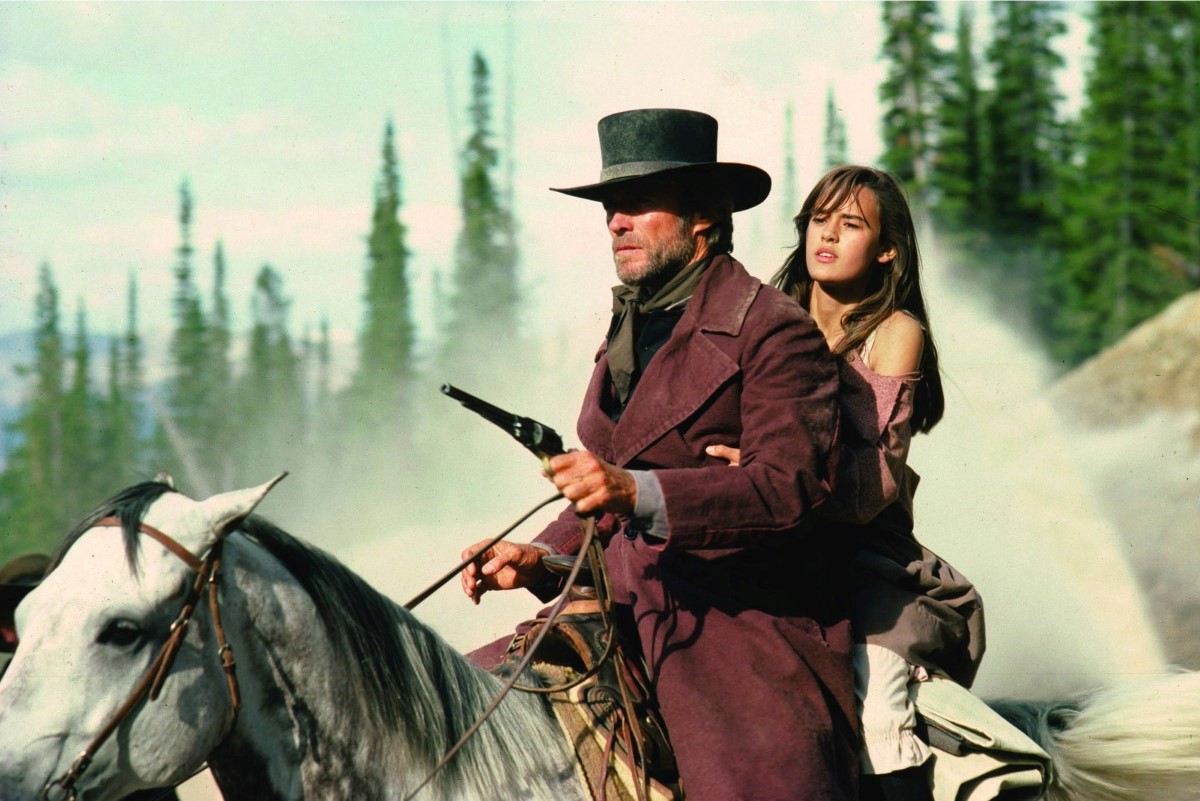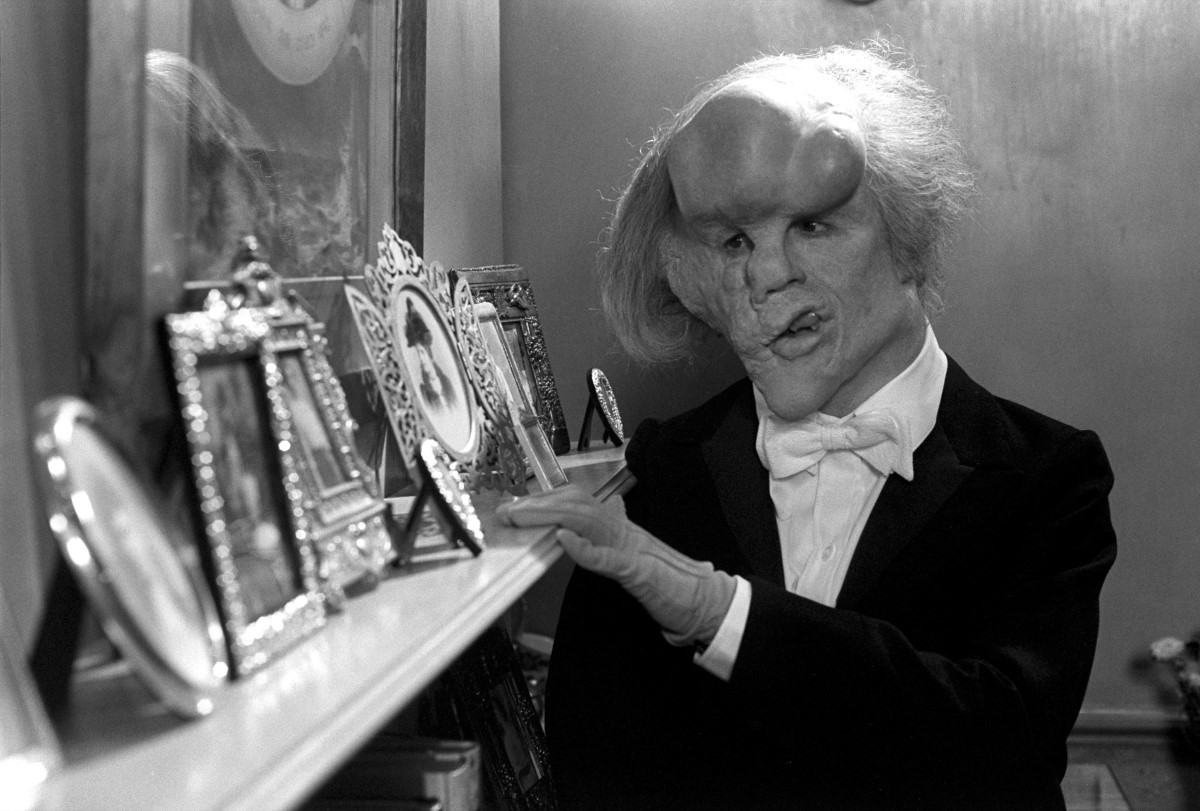Day for Night (La Nuit Américaine, 1973) – Review by Pauline Kael
Day for Night has the Truffaut proportion and grace, and it can please those who have grown up with Truffaut’s films — especially those for whom Jean-Pierre Leaud as Antoine Doinel has become part of their own autobiographies, with Antoine’s compromises and modest successes paralleling their own.



